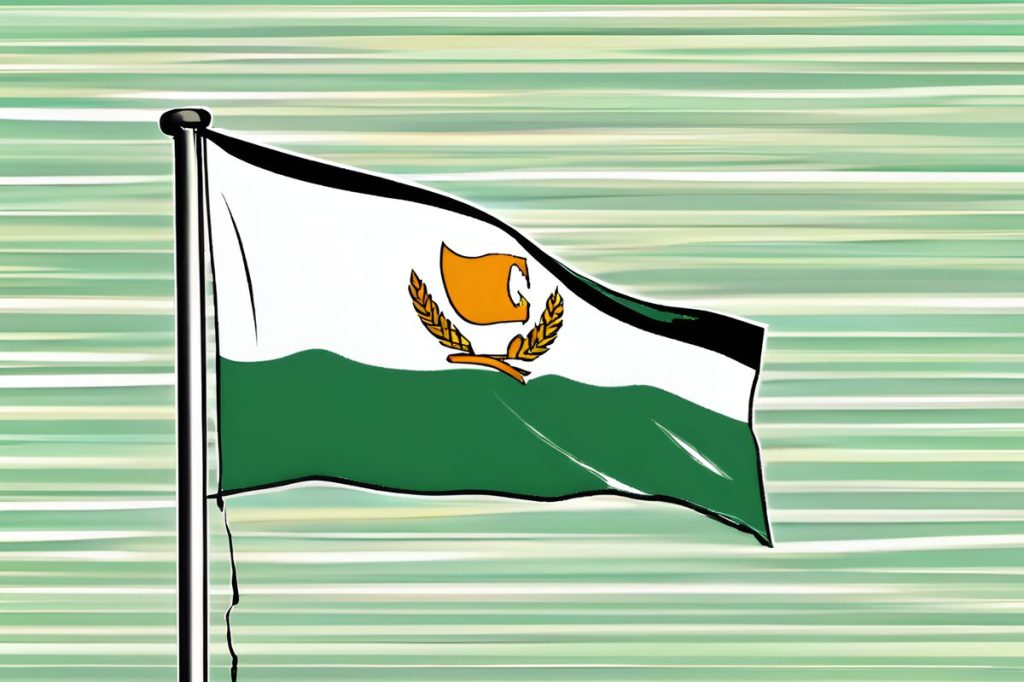The consequences of ignorance in Cyprus’s political landscape include risks to the nation’s unity and future stability. Historical instances show that confrontational strategies have led to isolation, underscoring the need for diplomatic finesse.
What are the consequences of ignorance in Cyprus’s political landscape?
The consequences of ignorance in Cyprus’s political landscape include risks to the nation’s unity and future stability. Historical instances show that confrontational strategies have led to isolation, underscoring the need for diplomatic finesse. Pivotal lessons demonstrate that strategic dialogue and understanding within the EU framework are crucial for fostering alliances and resolving long-standing issues.
The Price of Ignorance in Cyprus
In the turbulent wake of the Annan plan’s rejection in 2004, Cyprus found itself embroiled in a tempest of political rhetoric. A particularly resonant phrase from this time called for the “end of the policy of the good child,” setting the stage for a shift in foreign policy strategy. This slogan, void of clear definition, insinuated a more confrontational approach to the Cyprus problem, raising questions about the consequences of such a stance. At the heart of this debate lies a stark reminder from Tanzania’s Julius Nyerere, who once countered the complaint about the high cost of education with a poignant observation: “If you think education is expensive, try ignorance.” For Cyprus, the cost of ignorance has been steep, risking the nation’s unity and future stability.
The island’s political maneuvers, especially those resembling the ‘bad child’ approach, have not historically yielded favorable outcomes. An illustrative moment came on December 3, 2003, during the Committee of the Foreign Ministers of the Council of Europe meeting, where Cyprus challenged a resolution favorable to Turkey and faced near-universal opposition. Such confrontational strategies have often led to isolation rather than fostering the necessary alliances for diplomatic success.
Lessons from Successful Diplomacy
Contrasting periods of Cypriot history demonstrate the stark outcomes of diplomatic strategies. Under the presidencies of George Vassiliou and Glafcos Clerides, Cyprus pursued a policy of dialogue and understanding which bore fruit in improved international relations, particularly with European nations. This approach starkly contrasts with the isolation experienced after the rejection of the Annan plan, highlighting the critical role of diplomatic finesse and the limitations of demanding unilateral support from foreign allies.
Once, when tasked with lodging a complaint about the recognition of illegal ‘TRNC’ stamps by the French postal service, the response from a French ministry official underscored the realpolitik of international relations and the importance of humanism in diplomacy. Such lessons underline the nuanced and complex nature of international diplomacy, where strategic cooperation often trumps rigid confrontation.
Diplomatic Evolution and Geopolitical Realities
Cyprus’s diplomatic challenges date back to 1964, when the nascent Republic found itself grappling with responsibilities that the then-four-year-old diplomatic corps was ill-prepared to manage. Despite recognizing the importance of international diplomacy in safeguarding the nation’s sovereignty, Cyprus initially neglected the development of a robust and professional diplomatic service, prioritizing defense and security instead.
Personal anecdotes from esteemed diplomats like Michel Rocard, former French Prime Minister, reveal insights into the views of leaders like Turkey’s Turgut Ozal on the Cyprus problem. Such conversations hint at the complexities of geopolitical interests and the potential for resolving long-standing issues through strategic dialogue and understanding.
Embracing Opportunities for Settlement
Cyprus stands at a critical juncture where past lessons can inform future strategies. The power imbalance with Turkey necessitates a cooperative approach rather than one of confrontation. Within the European Union’s framework, Cyprus can find a supportive environment to overcome the inevitable challenges of any settlement. In this context, seizing the opportunity for resolution while it exists becomes an imperative for the nation’s diplomatic efforts.
As Cyprus moves forward, it has the potential to transform from a point of contention between Greece and Turkey into a beacon of cooperation and stability. The lessons of history, the costs of ignorance, and the achievements of successful diplomacy all point towards a future where informed cooperation can pave the way for peace and unity.
What are the consequences of ignorance in Cyprus’s political landscape?
The consequences of ignorance in Cyprus’s political landscape include risks to the nation’s unity and future stability. Historical instances show that confrontational strategies have led to isolation, underscoring the need for diplomatic finesse. Pivotal lessons demonstrate that strategic dialogue and understanding within the EU framework are crucial for fostering alliances and resolving long-standing issues.
What can be learned from successful diplomatic strategies in Cyprus?
Contrasting periods of Cypriot history demonstrate the stark outcomes of diplomatic strategies. Under the presidencies of George Vassiliou and Glafcos Clerides, Cyprus pursued a policy of dialogue and understanding which bore fruit in improved international relations, particularly with European nations. This approach starkly contrasts with the isolation experienced after the rejection of the Annan plan, highlighting the critical role of diplomatic finesse and the limitations of demanding unilateral support from foreign allies.
How have past diplomatic challenges in Cyprus shaped its current geopolitical realities?
Cyprus’s diplomatic challenges date back to 1964, when the nascent Republic found itself grappling with responsibilities that the then-four-year-old diplomatic corps was ill-prepared to manage. Despite recognizing the importance of international diplomacy in safeguarding the nation’s sovereignty, Cyprus initially neglected the development of a robust and professional diplomatic service, prioritizing defense and security instead. Personal anecdotes from esteemed diplomats reveal insights into the views of leaders like Turkey’s Turgut Ozal on the Cyprus problem.
What opportunities exist for settlement and cooperation in Cyprus’s political landscape?
Cyprus stands at a critical juncture where past lessons can inform future strategies. The power imbalance with Turkey necessitates a cooperative approach rather than one of confrontation. Within the European Union’s framework, Cyprus can find a supportive environment to overcome the inevitable challenges of any settlement. In this context, seizing the opportunity for resolution while it exists becomes an imperative for the nation’s diplomatic efforts.

